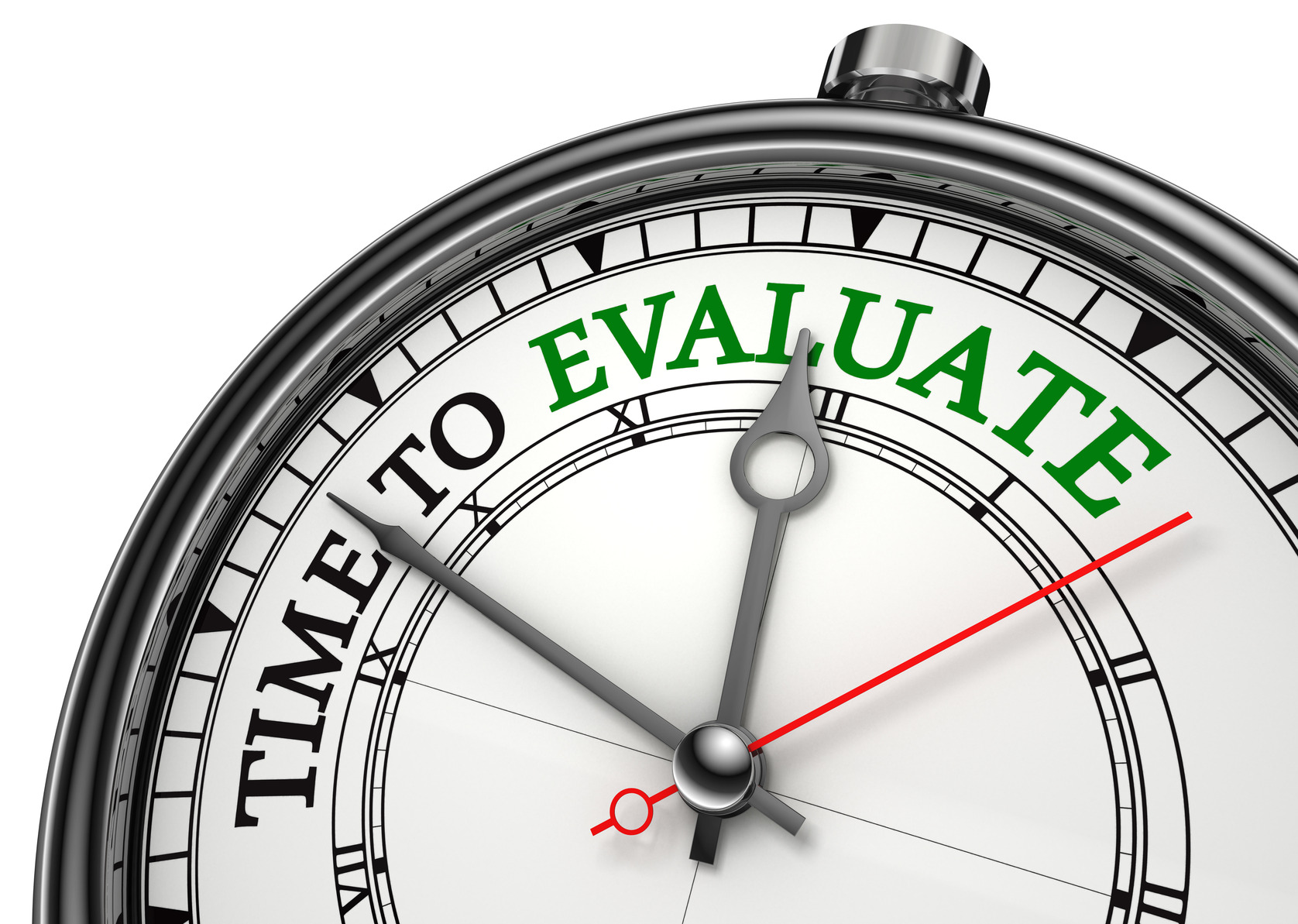Knowledge is power, as the saying goes, but I am not sure many foundations fully believe that. In the course of working with foundations across the country, I have made a somewhat surprising discovery: Many foundations grossly underestimate the importance of evaluating impact. This is unfortunate, because evaluation is both enlightening and empowering. In fact, measuring impact can give you power to ultimately increase that impact. Here are five reasons why foundations should regularly conduct evaluations.
1. Evaluate to measure impact.
The first reason to conduct evaluations is plain and simple: How will you know if you have had any influence unless you evaluate the effectiveness of your grantmaking program? There is really only one way to learn what the impact has been — and its scope and scale — and that is by conducting a thorough assessment and evaluation. Simply receiving anecdotal information or grant reports will not provide sufficient information to help you evaluate impact. A deeper evaluation and understanding is necessary, which leads us to the next four reasons.
2. Evaluate to discover unanticipated results.
Evaluations will often uncover consequences you might never have anticipated. For example, you might have a grant program designed to improve leadership among arts organizations in your community. In the course of conducting an evaluation to learn how leadership has improved, you might discover that, as a result of your efforts, the organizations improved their relationships with each other and a few are considering merging. So you set out to improve leadership capacity, but your program had the unintended consequence of building collaboration among your grantees.
3. Evaluate to understand why.
Without an evaluation, you can’t understand exactly why your grant or initiative made an impact. Suppose you are funding youth development programs, and young people are now reporting less risky behavior than they had previously. Is that because you worked to improve the quality of these youth development programs, or because a specific curriculum was introduced, or because the programs became more accessible to certain underrepresented communities? Evaluation will help you to unpack and understand specifically what you did that made the difference.
4. Evaluate to inform future grantmaking.
One of the things that you can do when you evaluate (when you interview grantees or other stakeholders, for example) is find out how needs are changing. Evaluations are the time to ask questions like these: What’s different about this issue now as compared to three years ago when you started your program? What might be needed in the future? What do you know now that you didn’t know when the program began? The answers to these types of questions can help inform the next round of funding or highlight additional components that you might want to add to your grant program.
5. Evaluate to take responsibility.
Simply put, to be good stewards and to exercise your fiduciary responsibility, you need to have confidence that your grant dollars are used to make a positive impact. Spending time and resources to conduct evaluations will help your foundation continue to thrive and achieve
Evaluate Wisely
You might have a newfound sense of the importance of conducting evaluations, but that doesn’t mean you have to evaluate every grant, initiative, or program. In fact, my final tip is this: Don’t try to evaluate everything. Not only is it impossible, it isn’t even beneficial. You probably don’t have the resources to evaluate in all of those areas, and you should be focusing on what’s most important to learn and where your evaluation resources are best deployed.







